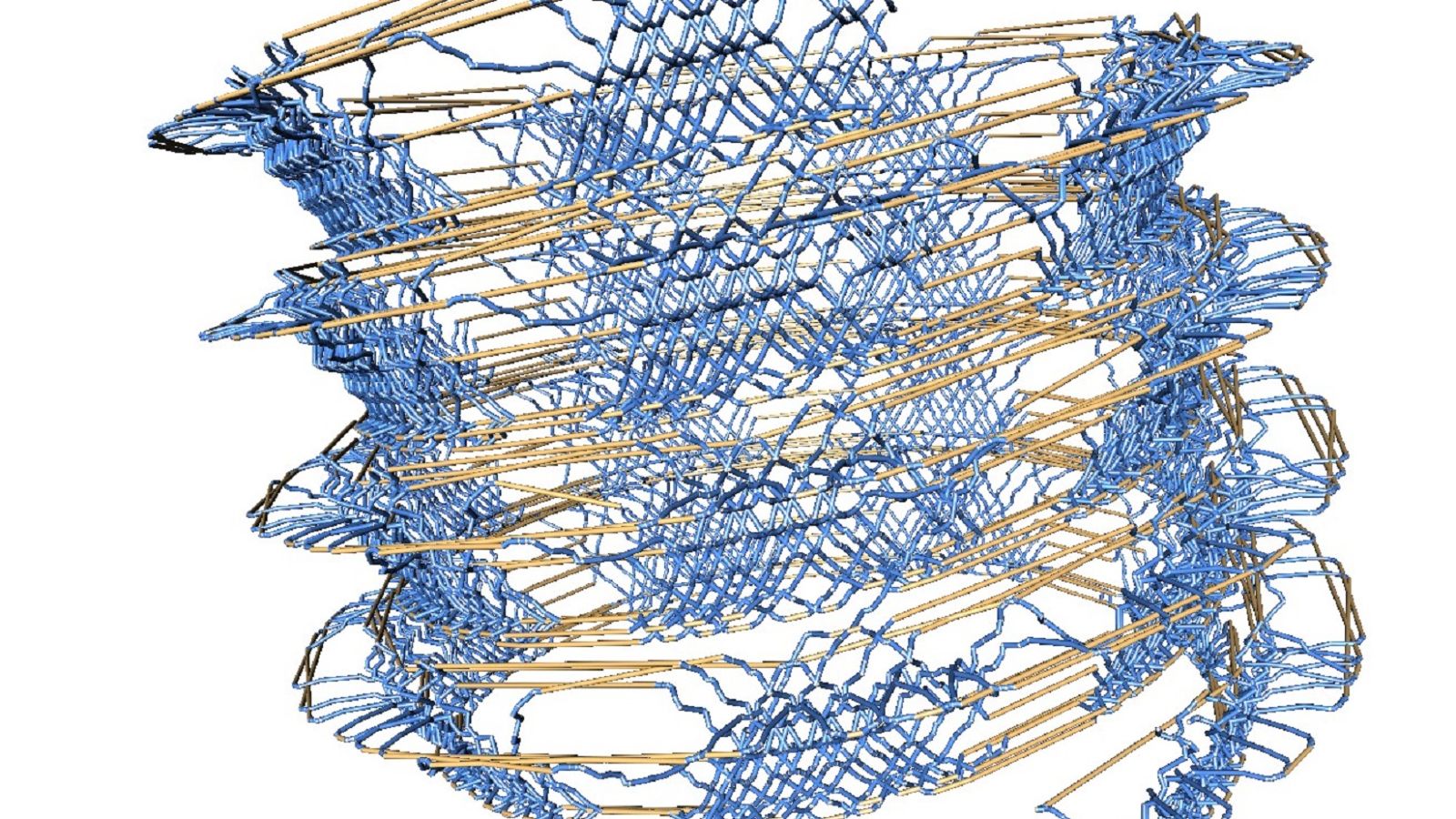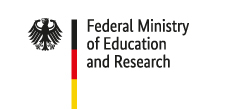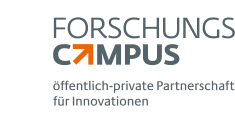MODAL
The research campus MODAL
How do you control a gas network? What is the best flight route? How can we improve health using data from mobile apps? How can next-generation computer architectures be used to achieve this aim? These are just a few of the questions investigated by the research campus MODAL, which is hosted by the Zuse Institute Berlin on the campus of Freie Universität Berlin. The research campus MODAL develops mathematical models to optimize data-driven processes in the fields of energy, health, mobility and communication.

How is the research campus making a difference?
Digital transformation opens up many opportunities, one of which is the possibility to forecast complex scenarios using data processing systems. This forecasting is crucial for science and industry as well as policy-makers – whether to provide insight on future trends, create data-driven bases for decision-making or to stay competitive in a data-driven and globally connected world. The research campus MODAL conducts mathematical research so that the digital transformation can be utilized to produce economically relevant innovation.
The research campus combines mathematical methods applied in modelling, simulation and optimization (MSO), artificial intelligence (AI), machine learning (ML), and high-performance computing (HPC) with expertise in applications ranging from sustainable energy supply and mobility to personalized medicine and nanophotonics.
The digital decision support systems developed at the campus enable cross-technology advances and are significant drivers of innovation processes in the participating partner companies. MODAL’s achievements to date include finding solutions to previously unsolved planning and control problems for nationwide supply and transport networks and enabling the precise early diagnosis of diseases.
Various partners from science and industry cooperate in six labs (EnergyLab, MobilityLab, MedLab, NanoLab, HPCLab and SynLab), all of whom have equal rights in the General Assembly. The research campus MODAL is associated to the Berlin Cluster of Excellence MATH+ and the Berlin Mathematical School.
What is the main focus of the research campus?
MODAL’s main research focus is on data-driven processes. This is based on the triad of data, models, solutions. (1) Complex data from practice in the various different applications is processed and analysed, then (2) modelled to describe the underlying real processes and (3) developed into algorithms and software for efficient solutions to the basic problems. The aim is to formulate very (and increasingly) complex optimization problems, for which no solutions currently exist, in an innovative and efficient way. This requires the incorporation of big data and AI methods as well as the use of modern high-performance computing architectures. Developing the required methods – initially using basic research in the form of research codes, in the next phases in the form of demonstrators and prototypes, and later on a possible implementation of application studies – is the scientific core topic of the research campus MODAL.
In the area of sustainable energy supply, the research campus MODAL is working on intelligent tools for the optimal planning of investments in grid expansion and for the efficient and safe operation of grids. In the field of personalized medicine, research focuses on the expansion of the already established analysis of clinical data from individuals to open up new possibilities in the area of early diagnosis, disease management and therapy monitoring.

